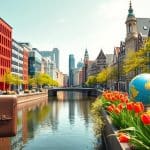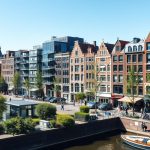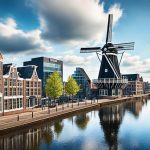Moving to the Netherlands is an exciting step. But, settling down means you must register your address. This is required for all residents, including Dutch nationals, expats, and internationals. It’s important if staying over four months. The process helps in emergencies, tracking population size, and managing taxes. Also, it’s crucial for getting your BSN number (Burgerservicenummer). You’ll need this number for banking, getting paid, and healthcare access.
It’s the law to register within five days after you arrive. This rule is for everyone in your household. If you delay, you could face fines. Plus, it might complicate your tax benefits and other entitlements.
Key Takeaways
- Register your address within five days of arriving in the Netherlands.
- The registration is mandatory for all residents, including expats and internationals.
- Address registration ensures proper emergency management and tax allocation.
- Obtaining a BSN number is essential for various administrative processes.
- Failure to register can result in fines and affect benefit entitlements.
Why It’s Important to Register Your Address in the Netherlands
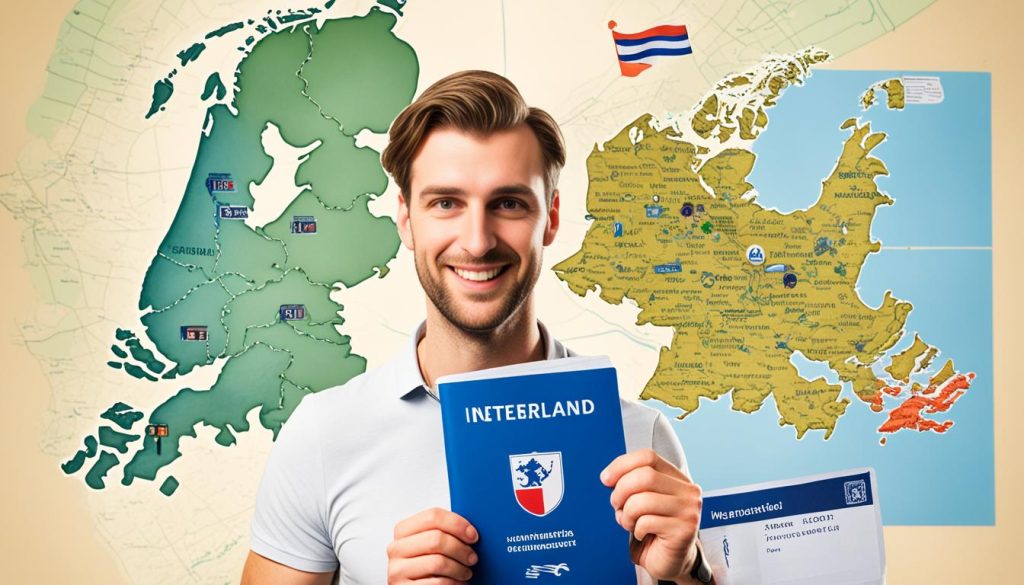
It’s key to register your address when you move to the Netherlands. This ensures you get vital services and sidestep legal trouble.
Benefits of Registration
Registering your address brings many advantages. It makes sure the council can give you the services you need. By telling the council where you live, they can plan things like bin collections and emergency help better.
This also means taxes are shared out fairly. And it helps keep track of how many people live in an area. This leads to better services for everyone.
Avoiding Penalties
Not registering, or giving wrong details, can cause problems. In some places, you could be fined up to 325 euros. This is because correct records help manage public benefits and taxes well.
Receiving Your BSN Number
Getting your BSN number is a big deal when you register. You need it for taxes, healthcare, and more. Without it, settling in the Netherlands and accessing services would be tough.
Understanding the Basisregistratie Personen (BRP)
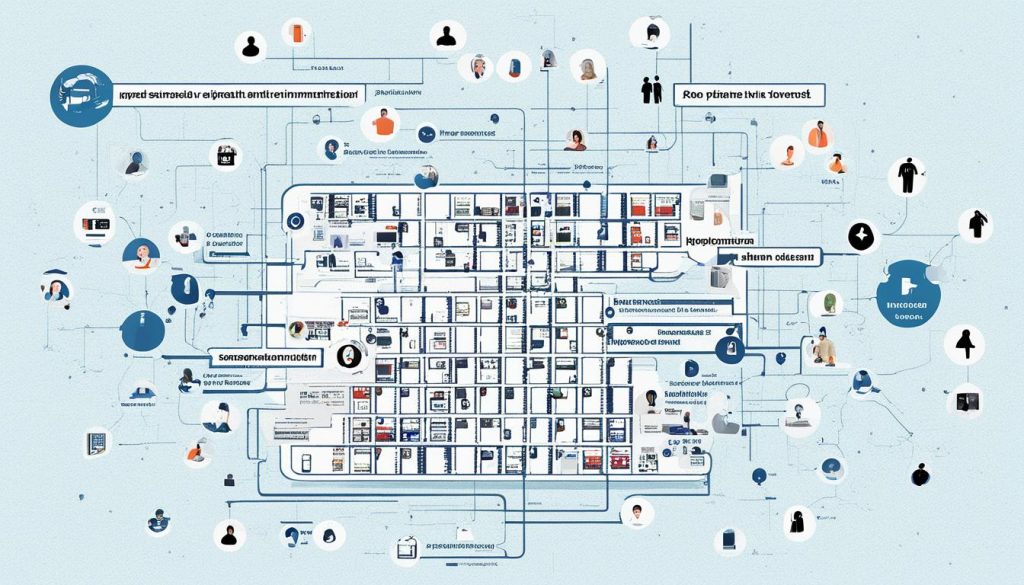
The Basisregistratie Personen (BRP) is key in Dutch public services. It precisely keeps track of where people live in the municipal records.
What is BRP?
The BRP, or Basisregistratie Personen, is vital for Dutch public management. It updates and keeps citizen residential info. This includes address, family, and personal details. The BRP helps in managing governance and resources efficiently across towns.
How BRP Affects You
The BRP greatly impacts everyone. It ensures emergency services react quickly and keeps tabs on population and taxes. In short, the BRP keeps municipal records up-to-date. This means better services and plans for the community, thanks to a smooth-running public administration.
Steps to Register Your Address in the Netherlands
Registering your address in the Netherlands is a must for expats and locals alike. It’s important to know the steps to make sure everything goes smoothly. We’ll guide you through the process, from booking an appointment at the town hall to gathering your documents and what happens at the meeting.
Making an Appointment at the Town Hall
Starting your registration begins with an appointment at the town hall. You need to call your local town hall and book an appointment for “registration from abroad” (inschrijven vanuit het buitenland). They’ll confirm your appointment and tell you which documents to bring, usually through the post or an email.
Documents You Need to Provide
Getting your documents ready is key before your town hall visit. You’ll typically need:
- Proof of identity, like a passport or national ID card.
- Birth certificate (translated into Dutch, English, French, or German if needed).
- Proof of your Dutch address (e.g., rental contract or house purchase agreement).
- If needed, a residency permit.
What to Expect During the Appointment
At the town hall appointment, they’ll check your documents and may ask some extra questions. It’s pretty simple, and the officials are usually really helpful with the paperwork. After they’ve checked everything, you’ll be registered in the Basisregistratie Personen (BRP), the Dutch population register.
Documents Needed for Registration
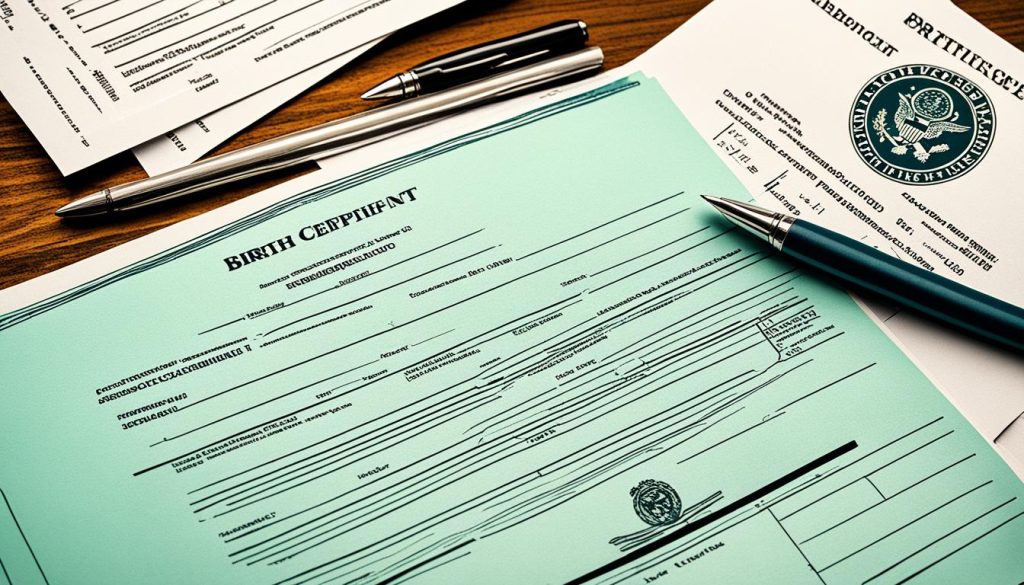
Registering your address in the Netherlands requires all needed documents to be ready. This ensures a smooth process. Having these documents meets Dutch municipality needs. It is key for getting your Burger Service Nummer (BSN) and residency papers.
- Valid Passport or ID Card: A driving licence is not accepted as valid ID for this process.
- Residence Permit: If needed, have your residence permit at hand.
- Rental Contract: Proof of your address is crucial.
- Certified Birth Certificate: It must be in Dutch, English, French, or German. For other languages, an apostille might be required.
- Foreign Marriage, Partnership, or Divorce Certificates: Provide these in the accepted languages if they apply.
Having your documents prepared early can make registration easy. It helps meet Dutch requirements without trouble. Remember, correct BSN documents are essential for various official tasks in the Netherlands.
Common Challenges and How to Overcome Them
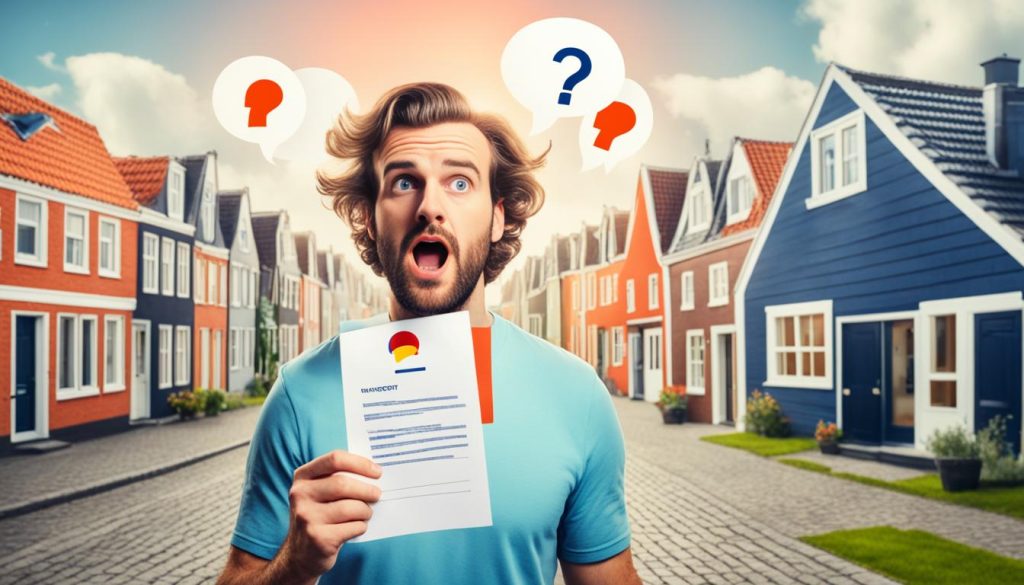
Registering your address in the Netherlands can be tricky, especially for UK expats. You might face several hurdles. This section talks about common challenges and suggests practical ways to make registration easier.
Common Issues Faced by UK Expats
UK expats often find themselves in a pickle during the registration phase. One big problem is when property owners won’t allow registration to avoid taxes. This refusal can make things hard, leading to fines and trouble accessing vital services.
Another issue is the difference between British and Dutch admin systems, which can be confusing. This confusion can delay getting the documents you need. It’s important to understand these issues to find good solutions.
Solutions and Tips
To overcome these hurdles, it’s wise to adopt some strategies:
- Seek expat advice Netherlands: Join expat groups and forums for tips on tackling registration woes.
- Verify property eligibility: Make sure you can register your address at your new place. Talk to the owner about it before you agree to move in.
- Consult with local authorities: Go to your town hall for detailed registration advice and what’s needed for your case.
- Prepare thoroughly: Have all your documents ready well before your appointment to dodge any last-minute problems.
By taking these steps, you can make the registration process smoother and settle into the Netherlands with ease.
Registration for EU Citizens and Those with a Valid Residence Permit
If you’re an EU citizen or have a valid Dutch permit, registering is easy and quick. Knowing what you need to do helps make moving smoother and keeps you within the rules.
Registration for EU citizens and expats in the Netherlands is usually done in five days by the local authorities. Having the right papers is key to a hassle-free experience. Here’s what you must have:</
- Valid passport or ID card
- Proof of residence, such as a rental contract or homeowner’s certificate
- Employment contract or proof of enough money
After you provide these documents, the municipal office will take care of your official paperwork. This step gets you a Burgerservicenummer (BSN). You need this for things like opening a bank account or getting healthcare.
If you have a Dutch residence permit, the process is similar. Make sure your permit is current and you have all necessary documents. Being ready can make your registration smoother and faster.
Whether registering as an EU citizen or an expat with a Dutch permit, understanding the required steps and documents can really help. It makes fitting into the Netherlands’ community and systems easier for you.
Registering for a Short Stay in the Netherlands
Planning a short trip to the Netherlands for work or study? It’s vital you know how to register if it’s under four months. Some places let you register as a non-resident and give you a BSN.
BSN Number for Short Stays
Getting a BSN is key for short visits. It gives you access to services like healthcare and banking. You just need to register in certain municipalities using the BRP system. This BSN is important for many official tasks while you’re there.
Registering as a Non-Resident (RNI)
If you’re staying for less than four months, the RNI process is for you. You can sign up at specific places with the BRP. This makes getting a BSN quick, helping you get settled fast in the Dutch system.
Registering Your New Address When Moving Within the Netherlands
Moving homes is a big step, but knowing how to do it in the Netherlands helps. If you’re moving within the same area or to a new one, it’s crucial to update your address. This ensures everything is in order with the municipality.
Moving Within the Same Municipality
When moving locally, you must tell the civil affairs department about your new address. This step is key to changing your address. You can usually do this online on the town’s website with a DigiD code, or by going to the town hall.
Moving to a Different Municipality
Moving to a different area means the new place will unregister you from the old one. You need to inform the new municipality about your move. Update your details online using a DigiD code, or at the town hall. Doing this quickly avoids mail or communication problems.
How to Use a Correspondence Address
Using a correspondence address can make getting official mail easier. It is crucial for people without a stable home or those who travel a lot. This way, you won’t miss important letters.
When a Correspondence Address is Necessary
If you’re living somewhere on a temporary basis, going to school away from home, or always on the move, a correspondence address is a smart idea. It makes sure you get all your important mail, like tax notices and voting info. Digital nomads find this particularly useful, as they often don’t have a stable address.
Getting Consent for a Correspondance Address
Before you start using a correspondence address, you need to ask the property owner or resident for permission. This shows respect and follows the law in many areas. Make sure to get a written agreement that outlines how long you’ll use the address. This keeps everyone in the loop and avoids legal issues.


